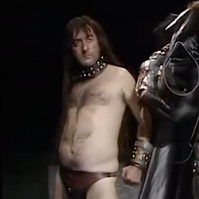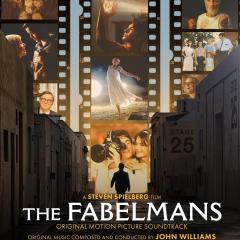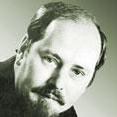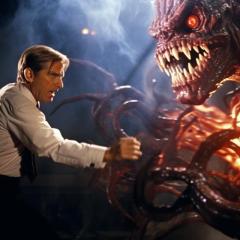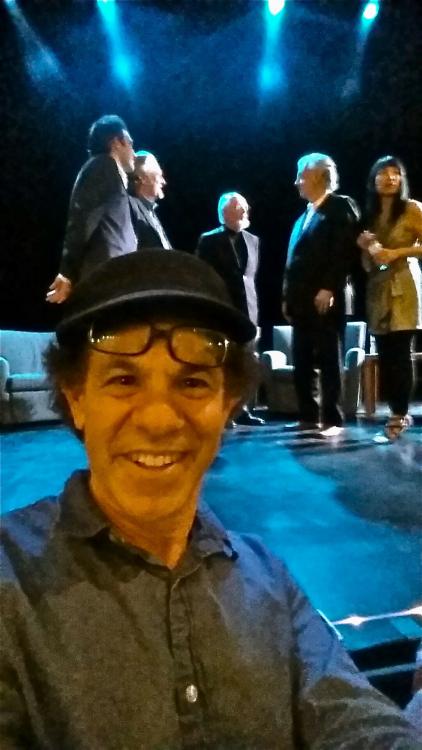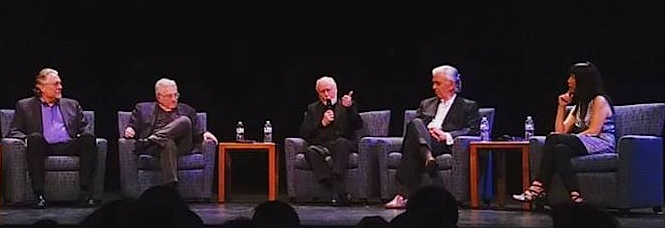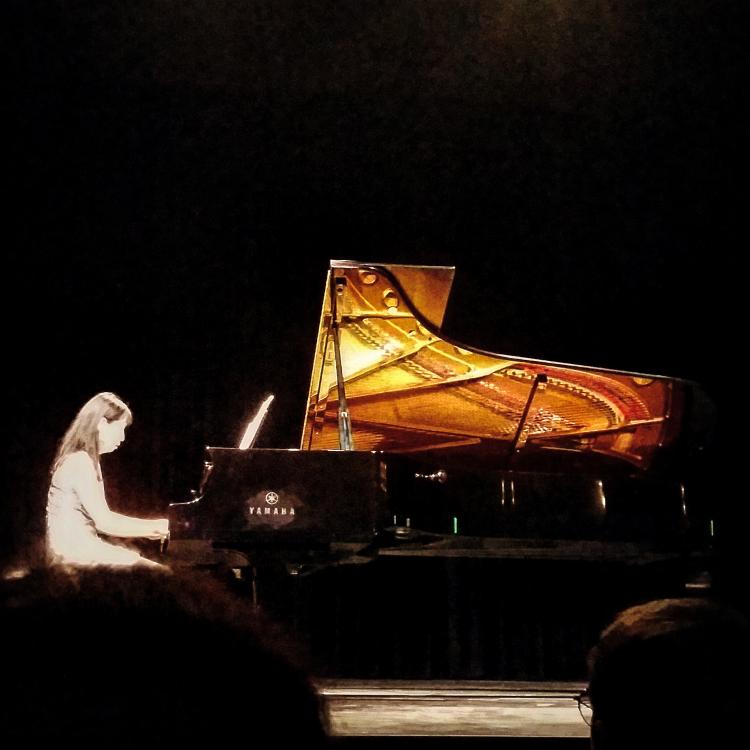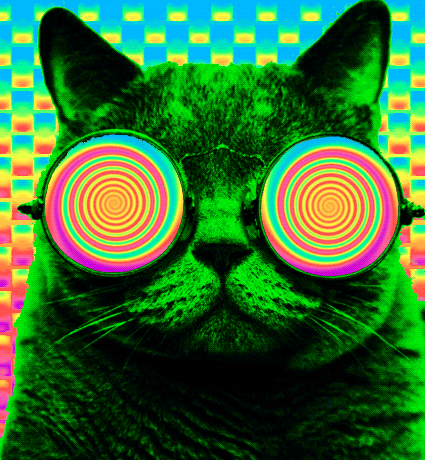Leaderboard
Popular Content
Showing content with the highest reputation on 24/10/16 in all areas
-
Since Alex asked (sort of), here are all the sound bites given for Prisoner of Azkaban. Unfortunately the nature of the feature is such that 'real' information is scant, and anything and everything is presented in sound bites from these interviews. I imagine these people all had a lot to say and only a precious few seconds were retained for the final product. At least we got what we got. On 'Aunt Marge's Waltz': Williams: The third Harry Potter film... there were a few off-the-edges experiments in that thing... we just thought a sort of grand oom-pah-pah, blown-up waltz would be fun to do. When we think of a waltz we think of it being light and floating. This is a waltz that is a bit leaden! *chuckles* On the 'Knight Bus' sequence: Cuaròn: We were discussing what to do with the Knight Bus, and I said, 'Well, what about if we go and we depart a little bit and go a little acid jazz?'... And it was so much fun, the scoring of that. He had a big huge brass band. The biggest brass band I'd ever seen in my life, playing all this music that is funny, is spooky! It's a really bizarre piece of music. William Ross: John is a terrific jazz pianist. He's somebody with a tremendous command of the vocabulary of jazz. Marcia Crayford: John brought in saxophones... there was an accordion so you get this wonderful squeezy noise when the Knight Bus does this [makes flattening motion]. Williams: When we recorded the music with the orchestra, I thought Alfonso would tear his hair our and say, 'What is this crazy thing?'; he loved it. It was the quintessential piece of silliness. On 'Double Trouble': Cuaròn: When we were going to establish the new year at Hogwarts, we had the idea of involving a choir. And we had the kids singing, and there were some toads that were doing, like, some of the rhythms. And we were thinking about what would be the text, and... I said, 'Well, there's the Double Trouble that one of the witches sing in "Macbeth". And when I suggested that, John Williams, he [rings?] me and says, 'Okay, this is the one. This is it.'... And it was so extraordinary when he did that actually; that became the tagline when they were promoting the film. In the posters is "Something Wicked This Way Comes". Emma Watson: I remember particularly watching the trailer, that that was the beginning of it. I remember that being really eerie, and ominous, and exciting and dark, and that getting me excited to see it. On 'Buckbeak's Flight' [ostensibly]: Williams: The performance of orchestras in films... when they are infused with some magic, like the great live performance, it will do something for the film, I firmly believe... But if you turn the lights out and can't see, and you turn the vocals off, and all you hear is the orchestra, you realize you're hearing a world class performance; a virtuosic performance that supports these scenes, these characters, and locations... the action: flying and so on. The orchestra is flying with them.3 points
-
They're not really knock-you-socks-off kind of scores, but they do have occasional moments of orchestral grandeur. Love that bit from 03:35 to the end in Air Raid Drill, for example:2 points
-
2 points
-

Your avatars.
Naïve Old Fart and one other reacted to Bilbo for a topic
I remain entirely respectable2 points -
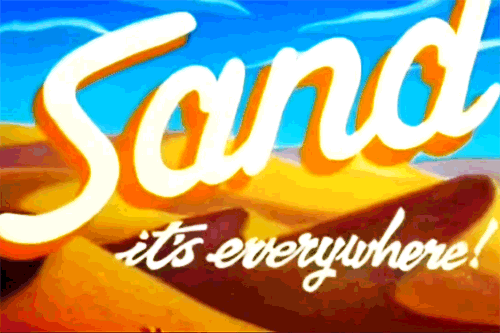
John Williams to Score Kobe Bryant short film "Dear Basketball"
Koray Savas and one other reacted to Muad'Dib for a topic
When you think the thread has been bumped because there's actual news but it turns out there are none2 points -
Harry Potter - Unused Music Restored
TheUlyssesian reacted to Disco Stu for a topic
In my ever so humble opinion, it was pretty much downhill for the books after Goblet of Fire, which is my favorite of the books.1 point -
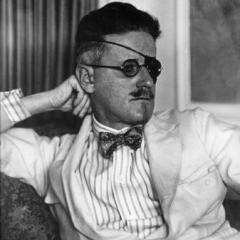
William's least restrained, most over-scored film ever?
mrbellamy reacted to TheUlyssesian for a topic
I agree. It is his orchestration more than anything else which gives the impression of over-scoring. The spotting isn't the problem. It's probably properly spotted. But look at this scene for example. I understand for the final part of the sequence, with the big avalanche of letters, he chooses to go big. But watch the first few appearances of the owls and Harry looking at the first letter - the orchestra is basically swirling with criss-crossingly complex fast tempo runs, there is a flurry of notes and the melody is emphatically laid on top. Now one would say, a sequence of a single own flying in and a boy looking at a letter might be more modestly scored. Like with a celeste or something and build up to the big statement when the avalanche hits. But Williams is going all-out right from the first own and first letter. I think the thing that saves Williams is just how bloody good his music is. Now even though the music for this scene is entirely too much, it is also absolutely outstanding. It draws attention to itself for its complexity but also impresses and pleases because of how blindingly dazzling it is. It is also more elaborately orchestrated than almost anything else in the movies, and specially not likely that you would here such dense and sophisticated orchestration in a children's film for a child picking up a letter. But I love it. I think the critics like "invisible" music and Williams music is frankly very attention-drawing because it is almost too impressive for most scenes.1 point -
That's actually a very good way to put it.1 point
-
Well, Quintus defined "epic" as follows in the first post: I think that this last bit leaves a lot of room for "epic" to be subjective, if we are using this definition. When I think of "epic" I think huge brass, maybe huge chorus too, probably like you BloodBoal ... but what Quintus mentioned near the end is a feeling I have often when listening to film music/watching films, and is much more important to me than "big" cues. Perhaps "epic" isn't the right word, though... Anyway I'd guess @Nick1066 was referring more to the "downright poetic" feeling than a feeling of sheer, incredible power ... although I could be wrong. So just depends how you define epic.1 point
-
"I'm a hip old granny who can hip-hop, bebop, dance til ya drop and yo yo, make a wicked cup of cocoa." - Incanus, 20161 point
-
Bernstein seems to be enjoying himself!1 point
-
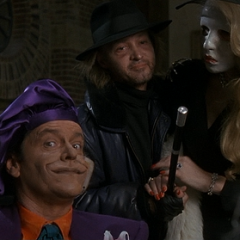
What Is The Last Score You Listened To? (older scores)
Naïve Old Fart reacted to Gruesome Son of a Bitch for a topic
1941 OST (un-remastered Varese CD)1 point -

What Is The Last Score You Listened To? (older scores)
Naïve Old Fart reacted to Gruesome Son of a Bitch for a topic
Better than Goofy Golf!1 point -

Howard Shore's The Desolation Of Smaug (Hobbit Part 2)
SafeUnderHill reacted to Bilbo for a topic
I initially said BotFA for best film. Not so sure any more. Certainly seems AUJ the most (close to or over 20 times) but I dunno. Kinda see it all as one thing at this point.1 point -
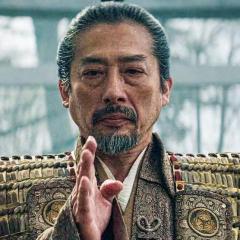
Your avatars.
Naïve Old Fart reacted to Nick1Ø66 for a topic
Well, since we're in confessional mode, I might as well just go ahead and admit that I'm actually Alexcremers. Feels really good to finally get that off my chest. I know I deceived everyone. Was that wrong?1 point -
Isn't Ireland some kind of mythical country used as an example of all kinds of debauchery and its fairyfolk inhabitants as a didactic warning on the dangers of heavy drinking?1 point
-
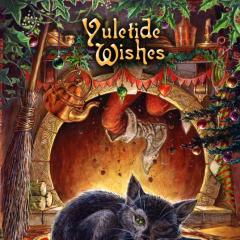
Your avatars.
Naïve Old Fart reacted to Melange for a topic
I don't mind the avatar changing, but this trend of name changing combined with avatar changing, needs to end.1 point -
Sweden? Finland? Are they even real countries??1 point
-
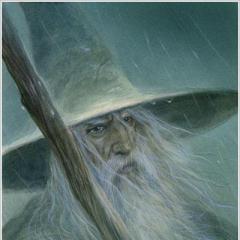
Fantastic Beasts And Where To Find Them 5-film series
DarthDementous reacted to Incanus for a topic
Yes! Leave irreverence to us here at JWFan!1 point -
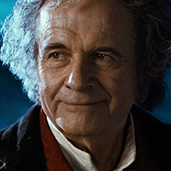
Fantastic Beasts And Where To Find Them 5-film series
DarthDementous reacted to BloodBoal for a topic
I think you meant "reverence".1 point -
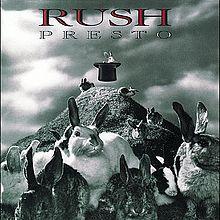
What film score theme/melody is going through your head right now?
Sharkissimo reacted to Naïve Old Fart for a topic
Great stuff, Sharkey! In a peculiar sort of way, it's almost HG-W's own ZOOLOOK. I love this score, and I love this film!1 point -
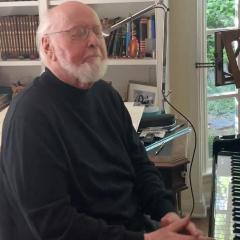
William's least restrained, most over-scored film ever?
TheUlyssesian reacted to Alex for a topic
It could be argued that JW over-scores most of his films, simple because of how complex his music is compared to other composers.1 point -
What film score theme/melody is going through your head right now?
Naïve Old Fart reacted to Sharkissimo for a topic
That riff/ostinato from Spy Game. Still sounds sounds fresh after 15 years.1 point -
Not that I want to see this thread pulled into another Potter ranking argument, but I agree with whoever thinks GoF is great. My 2nd favorite Potter film and easily by far has the best non-Williams score.1 point
-
I actually wish that I could write a note on a piece of paper, write "flutes + oboes" around it, and have it played and recorded by a professional orchestra. Because using DAWs is so time consuming. You have to play in flute 1, flute 2, oboe 1 and oboe 2, make sure they're each set on the correct volume, have the right modulation (loudness), have the right reverb and ultimately have the right stereo placing. Today I was finishing off a big action cue, and here's an example of what tracks had musical material in them in one of the measures : Piccolo staccato Flute 1 staccato Flute 2 trill Oboe 1 staccato Oboe 2 staccato Eb clarinet staccato Clarinet 1 staccato Cor anglais legato Bassoon 1 & 2 staccato (actually just on the bassoon 1 track but I couldn't be arsed to play the upper and lower notes of a dyad into two seperate tracks!) Contrabassoon staccato Horn legato Horn marcato Horn marcato (three tracks used to create a sound of ~ 10 horns on a single melodic line, which I played into each track separately) Trumpet legato Trombone 1 legato Trombone 2 staccato Tuba legato Piano Timpani hits Bass drum hits Tom hits Tamtam Cymbal Triangle Violin 1 trill Violin 1 trill (both tracks used to create a divisi octave trill) Violin 2 legato Viola staccato Viola sustained with accent (because some of the notes in the staccato track had to sound "joined" to the next notes, like "Ba ba baaarum ba baaarum ba....") Cello spiccato Cello spiccato (double tracks to make it a little louder) Cello sustained with accent (ba ba baaarum ba baaarum ba....) Double bass tremolo That's 33 tracks - 33 times I have to play in a couple of seconds of notes, to produce a couple of seconds of orchestral music. 33 times I need to set the modulation for each track. 33 times I need to hit record, quickly turn around to my piano, play in the notes musically and without a mistake, then turn back to press stop! This is all very time consuming. It takes me around 40 minutes to produce one bar of music. For this track that amounted to about 4 hours of work for 25-30 seconds of music, after which I am well and truly exhausted. And even then it doesn't typically sound realistic. And that doesn't include the time it takes to compose the stuff in the first place! As for quieter cues, they typically have less tracks, but that comes with its own problems, because each track is much more audible, so that you have to take greater care to make each sound more realistic. In fact, I find it impossible to be satisfied enough with the quality, and whereas action tracks are very time-consuming, quieter tracks are more torturous when it comes to the mixing itself. So, in a way, I envy composers like John Williams who are able to just write some notes on some staves, knowing that it will all be performed by a professional orchestra (well, at least Williams conducts his own material in most cases, so he still works a bit on the performance side!). Yes, a clear advantage with computers is that you can instantly playback what you've written. But there was once a case, when I was writing an orchestral piece in Finale, where I actually had to mute the audio because the instruments sounded so shit that they were interfering with what I was conceiving in my head! So it is not always as good as it seems. However, on the other hand, an advantage with pen and paper is that, not only does it take less time to actually write out all the music, but you can immediately see the music you've written already. In Cubase, I can't see the notes I've entered beforehand, unless I select a particular track. And, if the music is complicated, it can be very hard to decipher what you've actually written, because it looks like this. As for not hearing what you've composed already with pen and paper, I honestly do most of my composing at the piano (or is the piano not allowed as well?) So I can play through the composition at the piano, to understand the purely musical/"note-y" side. I only use Cubase to actually play the notes in, to make my music exportable and listenable, because there is no other way for me to do that. I don't have access to an orchestra. The best I can do with is sample libraries and a computer. So, the next time somebody says that computers make a composer's life "easier", like all they have to do is press a button and out pops the music, or something...I can assure that is not the case. I work really hard just to produce a few seconds of orchestral music, let alone compose it. Yes, there are those who will load "Strings staccato", "Brass" and "drums" and write music with three tracks, but you can usually tell when a composer does that. Yes, there are also some sample libraries that will "fake" the composition process in some way. They have their place and it's up to the person if they want to use them or not. But again, you can usually tell when they do. For me, I like to have the most degrees of freedom, because that's when you get the most musical results. And having those degrees of freedom costs a lot of time, though it's always worth it in the end. (well, not always...)1 point
-
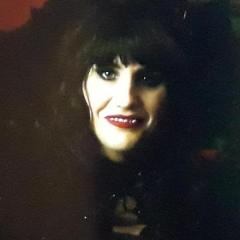
James Newton Howard's Fantastic Beasts And Where To Find Them
DarthDementous reacted to leeallen01 for a topic
WOW WOW WOW! Everything I wanted and more. I so wanted a perfect combination of his Peter Pan magic and his King Kong 30's NYC, and he delivered, with more. I sincerely hope the rest of the score follows this piece, rather than the first one we had.1 point -
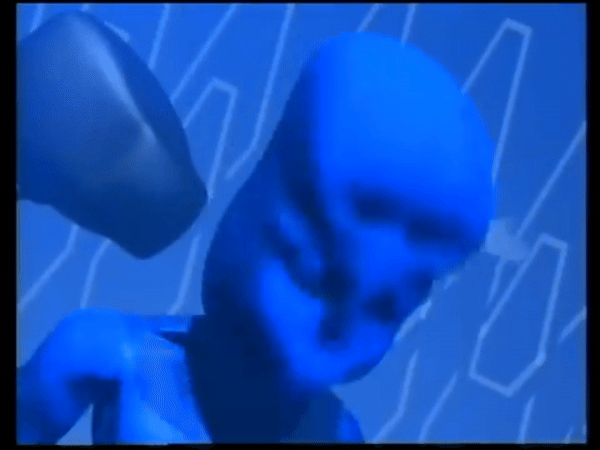
Fantastic Beasts And Where To Find Them 5-film series
DarthDementous reacted to mrbellamy for a topic
I guess so. I've done the back-to-back thing just once when Part 2 came out on Bluray and found the earlier stuff more spirited (the Gringotts break-in and dragon escape really works nicely coming directly after the torture and death at Malfoy Manor, plus the trio's other setbacks and tensions in Part 1) but by the end of it all I was still a bit like On a positive note, I did go see Azkaban in the IMAX re-release last Tuesday and I think I love film and score even more than ever now.1 point -

Fantastic Beasts And Where To Find Them 5-film series
DarthDementous reacted to mrbellamy for a topic
I don't disagree and I'm not saying great music would have made the scene a masterpiece, but I'm not totally convinced that was the most that could have been done with it. But I mean, it's fine, the problems with the scene aren't with Desplat. I just don't feel like his work does anything but add some adrenaline (which is how I feel about a disappointing amount of the score), whereas I think at least a little more emotional focus was possible. Actually the best possible version of the confrontation might have been unscored, but I don't think Yates's attempt would work without music. I guess pot meet kettle then, brother. We're going to have to agree to disagree on a lot of these points. Point blank, the film obviously succeeds because it connected with you. You find the face-merge and Voldemort's disintegration interesting to look at and haunting imagery, you find the battle on the staircase a human and powerful sequence and expressive of character. I do not.1 point -

Fantastic Beasts And Where To Find Them 5-film series
DarthDementous reacted to mrbellamy for a topic
Yeah, but on the other hand, Heyman has always maintained that the Columbus films were in fact where the studio was most involved -- and even so is there any doubt that those two are Chris Columbus movies through and through? I mean, that's why they hired him! -- but that by around film 4, WB was pretty trusting of the property and the filmmakers' ability to deliver. They let Cuaron get away with quite a lot, and Yates said he had a great, relaxed relationship with WB on Potter. In his recent Q&A, he said that it was Tarzan where he started to receive more of the dreaded studio notes, though even then claims it wasn't bad as he's heard from others. So in the case of HP, I'm actually more willing to blame the filmmakers, which makes the creative setbacks all the more disappointing. Also I find WB very interesting because it's actually hard to think of another studio that has given directors more control over their choices. Think of their repeating relationships with Kubrick, Nolan, Cuaron, Spike Jonze, or the fact that in the last two years Inherent Vice and Mad Max: Fury Road were major studio releases. On the other hand it's garnering a reputation for being overly controlling in its franchise movies. One wonders if Alan Horn moving to Disney in 2012 and being replaced by Kevin Tsujihara has anything to do with it, which is odd because Disney is the biggest micro-manager in the business. Maybe over-exaggerated phrasing but I don't find that music expressive of anything going on between the characters other than the sparks they're shooting at each other, which is completely uninteresting to me.1 point -
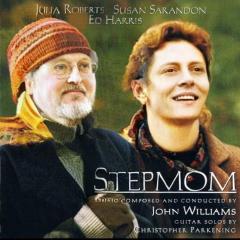
Fantastic Beasts And Where To Find Them 5-film series
Koray Savas reacted to Not Mr. Big for a topic
It would still be more enjoyable than reading your posts.1 point -
Personally, I prefer old school hammer and chisel rather than paper and pencil. I find paper and pencil too lazy.1 point
-

Fantastic Beasts And Where To Find Them 5-film series
DarthDementous reacted to Dixon Hill for a topic
Quoted as evidence of bad behavior! Get out your black quill, Dcasey98: I must not be rude I must not be rude I must not be rude1 point -

Fantastic Beasts And Where To Find Them 5-film series
DarthDementous reacted to Bilbo for a topic
I must be a rubbish Harry Potter fan not to get upset by other people's opinions.1 point -
Well, this is a bit better.1 point
-
1 point
-
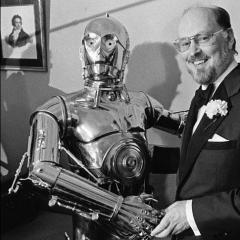
Conversations - New Chamber (piano solo) by John Williams
Will reacted to David Story for a topic
Yes, thanks! I was in the front row for an amazing concert at UCLA. A standing room only crowd for Gloria Cheng, a consummate artist, performing music of John Williams, Bruce Broughton, Michael Giacchino, Alexandre Desplat, Don Davis, and Randy Newman! You can see a few of those amazing people behind me in the light. Gloria is a multi-Grammy winning pianist who works with great concert composers like Adams and Boulez. She asked some of the film composers she knows (she also records soundtracks) to write piano works. Then she ran a successful Kickstarter to fund the recording and documentary. Called MONTAGE (it's here on fb). In concert all the works shone. This was one of the most thrilling and memorable concerts I've ever seen. I never thought a piano recital could be all that. But the music is a fascinating experiment and Gloria has astounding technique and near-telepathic ability to convey both simple and intricate ideas. Having the composers there was even more fun! A standing ovation by a joyful audience! I will mention Conversations by John Williams for it's mercurial tonalities and sense of timeless thought. Five Pieces for Piano by Bruce Broughton, the work that inspired the entire project. And Family Album by Randy Newman, songs without words that convey life in old Hollywood. The panel afterwards was truly insightful, a group of master composers who had great respect for each other and for the craft. And were hilariously non-stop funny. Sample quote "Everything I learned in film I can apply to concert music, but concert training doesn't necessarily work in film". "It helps to have a good idea". A bit of the beautiful documentary, fun and inspiring: https://www.youtube.com/watch?v=52WrNa51E-0 Now on Vimeo. (I've spoken with all of the composers here. This is the first time I observed them give so much respect towards a performer.) I saw old friends made some great new friends, my fellow fans1 point -

Your favourite EPIC cues
Cerebral Cortex reacted to Gruesome Son of a Bitch for a topic
Even Pauline Kael gave it up for this epic fucking scene. It doesn't get any better than that.1 point -
I don't know if it's epic, but it felt that way to me at the time...the first piece of film music I ever fell in love with...Ben's Death and TIE Fighter Attack. Such a perfect marriage of film and music that left an indelible impression on me. It was because of the first 60 seconds of that piece that I bought the Star Wars soundtrack and it represents everything I got into film music for in the first place.1 point
-
Oi! Take that drivel elsewhere, where it belongs! The final track, "Kangaru", sounds lovely.1 point
-
These new pieces are fantastic; they fit right within the existing score and, to my ears anyway, sound like he wrote them 35 years ago! There's clearly a fondness for this score and all the leitmotifs he wrote. Curious if others feel that some of Williams' modern writing sensibilities shine through in these pieces?1 point
-

The Classical Music Recommendation Thread
Dixon Hill reacted to Melange for a topic
"I'ms gonna compose me some real woe is my ayz sheeet today" - Wolfgang Mozart, 14th August 17801 point -
1 point
-
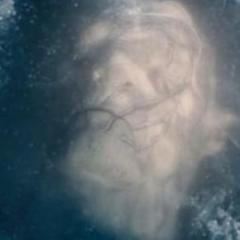
Howard Shore's The Battle of the Five Armies (Hobbit Part 3)
Evanus reacted to SafeUnderHill for a topic
1 point -
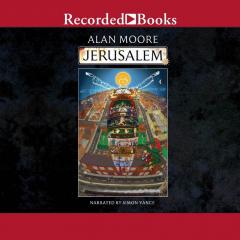
Fantastic Beasts And Where To Find Them 5-film series
Once reacted to #SnowyVernalSpringsEternal for a topic
Same here. Azkaban remeans the best film without a doubt.1 point -

Fantastic Beasts And Where To Find Them 5-film series
Once reacted to bollemanneke for a topic
Deathly Hallows still leaves a sour taste in my mouth, especially the ending of part 2. My time at high school was shit, but I still hate Yates's take on HP. Reading HBP is ten times more fun than watching the movie. He seems to be in a constant kind of depression mode.1 point -
Honestly just Voldemort's death scene was enough to make me hate the Deathly Hallows Part 2 movie forever and ever. It was the exact opposite of Rowling's intention from the novel and completely ruins the entire effing point. He's not supposed to evaporate into magical ashes or whatever. It was such a powerful image from the novel that his was just another dead body in the end that they put into a different room, separate from the casualties of the battle. Gaaah.1 point
-

Fantastic Beasts And Where To Find Them 5-film series
Once reacted to #SnowyVernalSpringsEternal for a topic
Its the weakest one of Yates' films.1 point -
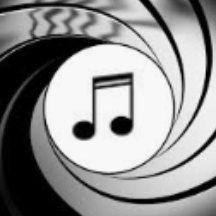
Rey's Theme – John Williams' Best Theme Yet?
Cerebral Cortex reacted to Damien F for a topic
This evening, I played Rey's Theme for my friend who doesn't listen to scores or orchestral music and hates Star Wars, and it brought a smile to her face. That shows how great it is as a musical composition.1 point

